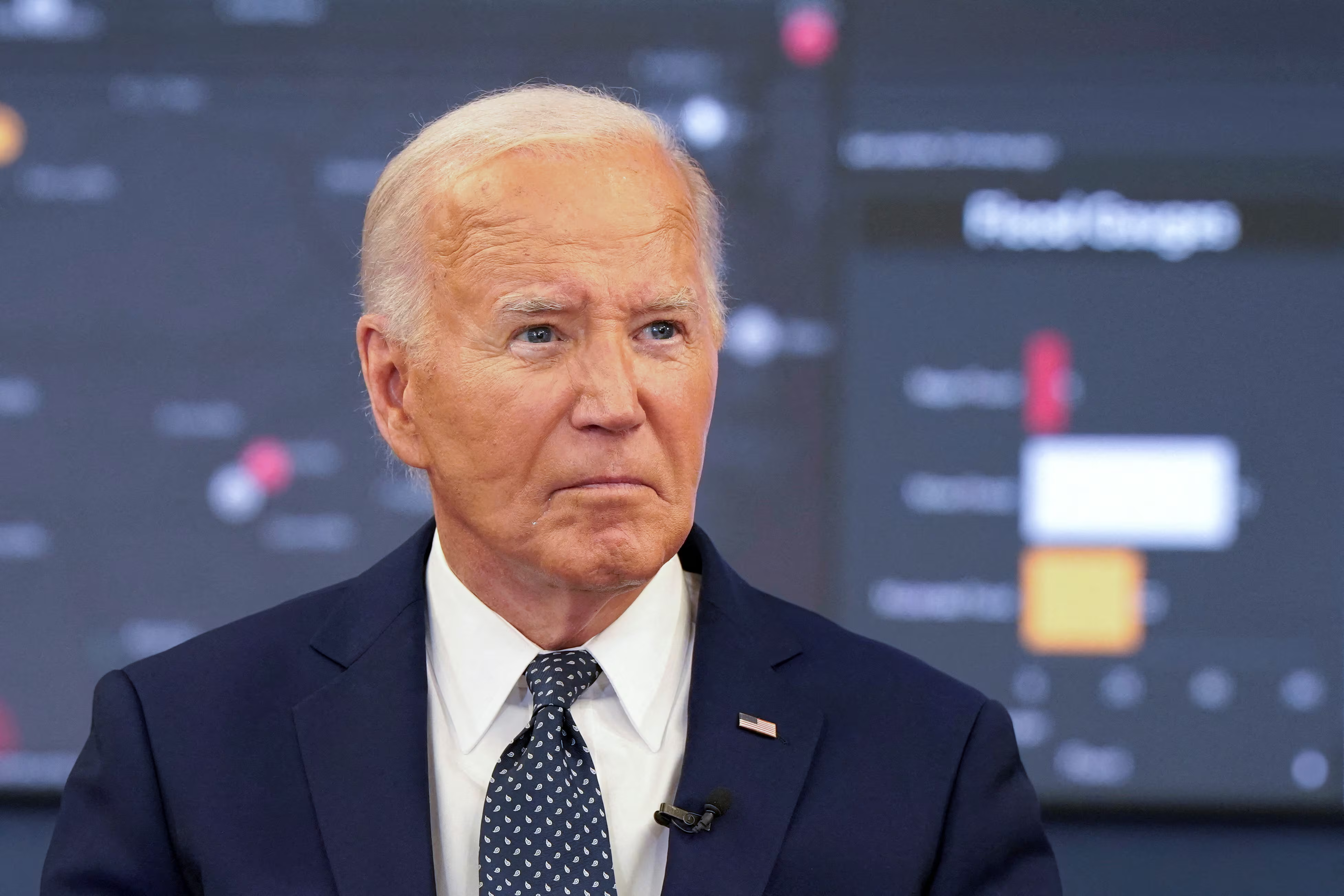By Haley Lerner
BU News Service
The sale of vape products has been banned in Massachusetts for over a month following a nation-wide increase in vaping associated lung injuries and deaths — and local businesses are taking a hard hit. Some have closed their doors as business has plummeted.
Massachusetts Governor Charlie Baker announced a four-month statewide ban on nicotine and cannabis vaping products on Sept. 24. The ban came amid a national health scare — as of Oct. 22, 1,604 cases of vaping associated lung injuries were reported to the Centers for Disease Control. In Massachusetts, 46 cases were reported by the Department of Public Health, as of Oct. 23.
Area businesses could lose up to $8 million while the ban is in effect according to estimates filed by the Department of Public Health. WBUR reported that the figure was included in a revised emergency regulation issued after a judge questioned the original order.
While all vaping products are currently banned in the Bay State, the CDC reported that national and state findings suggest that illegally-obtained THC vape products are linked to the most cases of lung injuries.

Alex Clark, CEO of the Consumer Advocates for Smoke-free Alternatives Association, said the ban should be lifted immediately, as it is only misinforming consumers.
“Consistent with the recent update from the CDC and things that we’ve known all along, this really doesn’t have anything to do with nicotine products,” Clark said. “The most concerning thing that we’re seeing is that people are actually going back to smoking, which is a net public health disaster.”
Clark said said the vape ban is going to cause independent vaporizer retailers to shut down.
“There is nothing else that they can sell,” Clark said, “Their business model almost entirely revolves around selling liquid nicotine products.”
Marcus Johnson-Smith, co-owner of Mission Hill smoke store The Kush Groove Shop, said nicotine vape products amount to about 25 percent of his company’s revenue. As a result of the ban, Johnson-Smith said his store has lost a quarter percent of business.
Shop operating hours and work for part-time employees had to be reduced as a result, Johnson-Smith said.
“It’s definitely had a financial effect, something that we just didn’t otherwise plan for,” Johnson-Smith said. “There wasn’t much notification of the ban.”
Johnson-Smith said he thinks the vape ban should not have impacted regulated nicotine-selling businesses like his own.
“I think the government should do something to do right by the businesses and employees that we support,” Johnson-Smith said. “They should end the ban as soon as possible.”
Boston University School of Public Health professor Michael Siegel testified before Congress on Oct. 15 regarding proposed legislation to prevent adolescent vaping. Siegel said in an interview that the Massachusetts vape ban is “devastating” for local businesses — and is likely doing little to reduce vaping associated illness.
“Most of the vape shops, all they sell are vaping products,” Siegel said. “So literally they’re shut down, most of them have boarded their doors, they’ve had to remove all the product off the floor, many of them losing thousands of dollars in inventory.”
Siegel said the ban is unnecessary because it does not protect the public from black market THC products. Instead of a complete vape ban, the public health researcher said the state should make it clear that the outbreak in lung injuries is caused by illicit products and should focus efforts on going after illegal distribution channels.
Clark also said that the impact of the ban on the industry will be long lasting, as sales of nicotine vape products are dropping around the country.
“There really is no justification for the ban,” Clark said. “This idea that the nicotine vapor products constitute some sort of public health emergency is overblown.”
However, the ban remains in effect after the court challenge that forced the Department of Public Health to reissue its emergency regulation to comply with required procedures and research continues on the cause of reported illnesses.






What i do not understood is in fact how you’re now not
actually a lot more smartly-liked than you might be now.
You’re so intelligent. You recognize thus considerably in relation to this topic, produced me personally believe it
from numerous numerous angles. Its like men and women aren’t interested except it is one thing to accomplish with Woman gaga!
Your individual stuffs nice. All the time deal with it up!